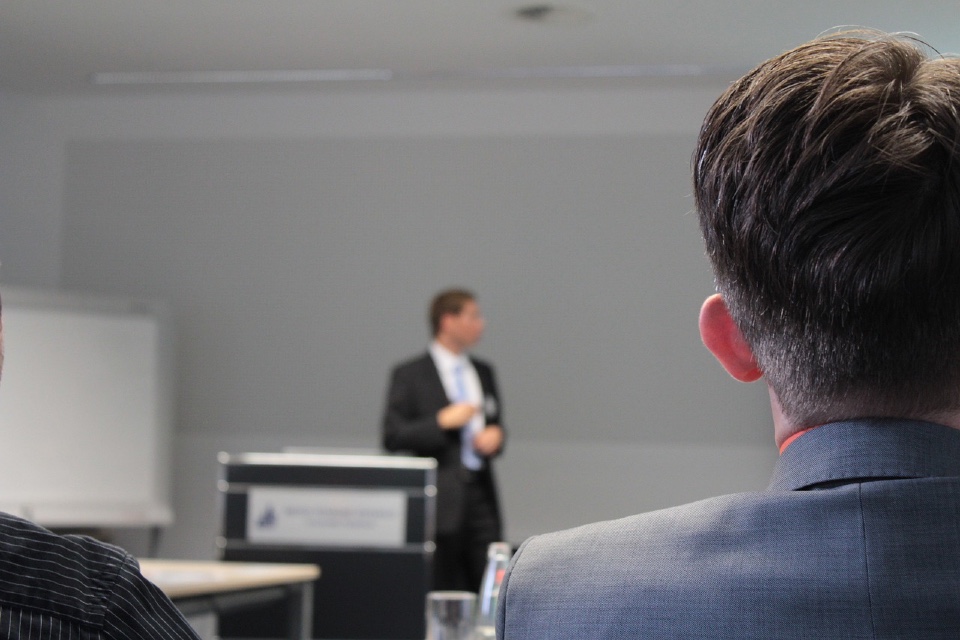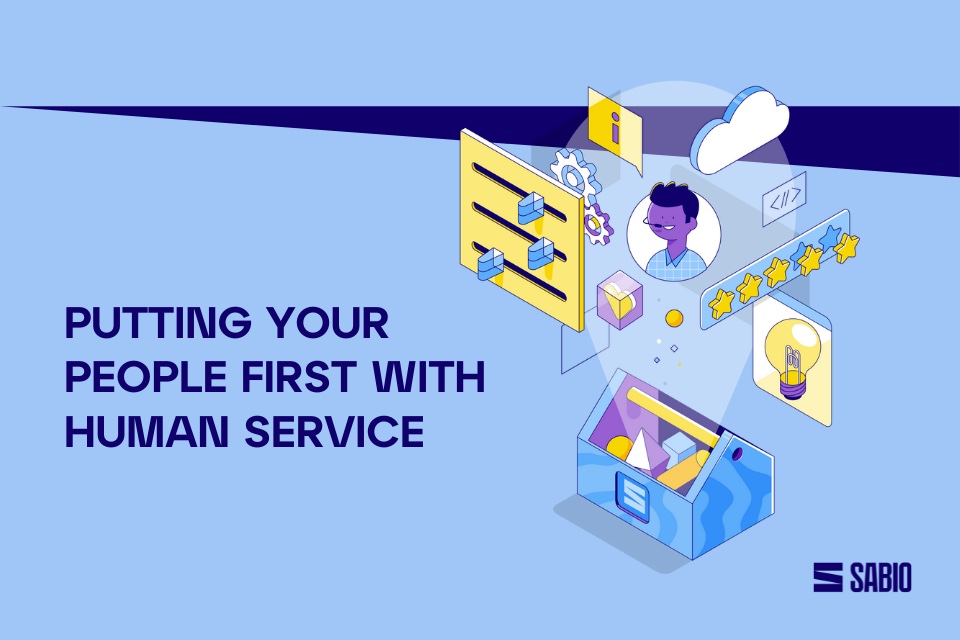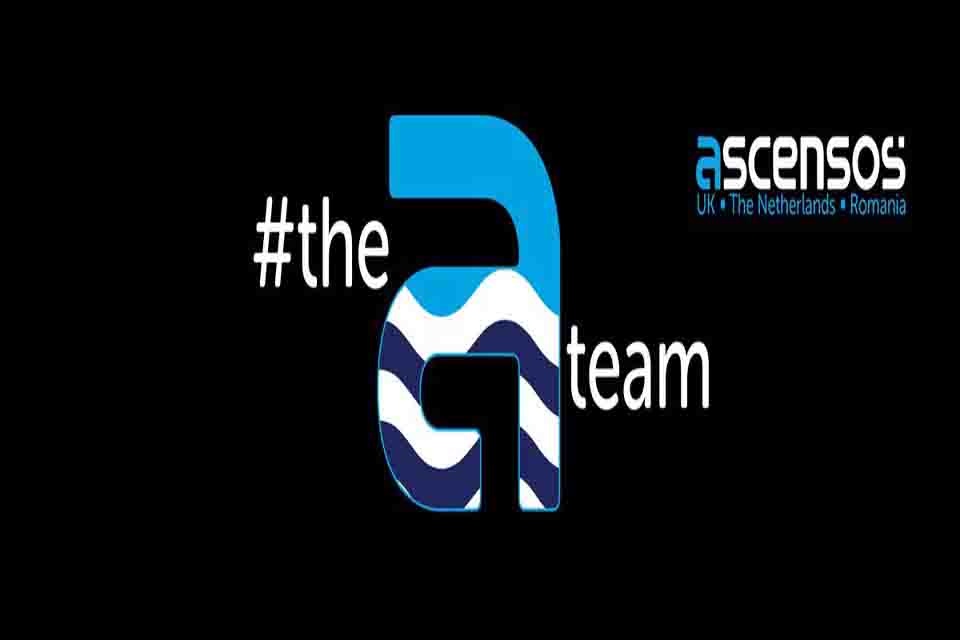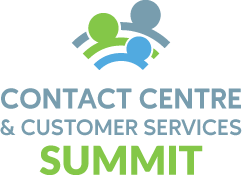TRAINING & DEVELOPMENT MONTH: The challenges and benefits of agent training

The importance of comprehensive contact centre staff training cannot be overstated. It’s the cornerstone of delivering exceptional customer service and driving business growth. However, implementing effective training programs presents its own set of challenges. This article explores the key considerations for navigating this critical area… The Benefits of Effective Contact Centre Training The Challenges of Contact Centre Training […]
How to choose a training partner for your contact centre

In today’s ultra-competitive business landscape, the quality of customer service can set companies apart. For contact centres in the UK, finding the right training partner is critical to equip staff with the skills they need to excel. Here’s a primer on the vital considerations to ensure your chosen partner aligns with your centre’s objectives… Specialisation […]
EBOOK DOWNLOAD: Unlocking the potential of your #1 asset – Your people

By Sabio Group Are you in danger of leaving your people behind? Despite the upheaval caused by Covid-19, the annual rate of attrition among UK contact centre advisors remained at around 15% to 20% in 2020. However, we are now starting to see a crisis in the industry, with attrition rates soaring. With the estimated […]
Do you specialise in Training & Development for Contact Centres? We want to hear from you!

Each month on Call Centres Briefing we’re shining the spotlight on a different part of the customer care market – and in August we’re focussing on Training & Development. It’s all part of our ‘Recommended’ editorial feature, designed to help customer care industry buyers find the best products and services available today. So, if you’re a supplier of Training […]
Do you provide Agent Coaching & Monitoring solutions? We want to hear from you!

Each month on Call Centres Briefing we’re shining the spotlight on a different part of the customer care market – and in January we’re focussing on Agent Coaching & Monitoring solutions. It’s all part of our ‘Recommended’ editorial feature, designed to help customer care industry buyers find the best products and services available today. So, if you’re a supplier […]
Ascensos opens Isle of White call centre

Motherwell-based Ascensos has opened a new call centre in the Isle of White, creating over 600 new jobs. Based in Cowes, the centre will initially focus on customer service enquiries for Ascensos’ long-serving client JD Sports, before opening up to a range of blue chip retailers – including Argos and GAME – as the company […]
Industry Spotlight: PeopleTECH – how to get the most out of social media in contact centres…

The past decade or so has witnessed the astonishing rise of social media. It has changed the way we communicate with friends and family; how we consume news; how we share photos; how we look for a new job and much more – there are an estimated 1.65 billion active daily users on Facebook alone. […]
Guest Blog, Richard Lane: Managing frequent training in an ever-evolving industry…

durhamlane is a company that is passionate about helping sales and non-sales employees to become the very best they can be. This is achieved through consultancy, training and coaching services – conducting, developing and delivering engaging programmes designed to create a measurable difference. The training blends a mix of theory and practical activities, and all staff are ‘business people first and trainers second’, […]
Guest Blog, Sharon James: 5 ways to improve workforce management

Call centres are a vital and growing part of the UK economy. According to statistics from ContactBabel, there are now 6,200 contact centres across the country with employees making up over 4 per cent of the UK workforce. The call centre industry can be a tough environment to work in with a unique set of […]
italk’s ‘proactive’ approach to workforce management…

Staff motivation and retention seem to be recurring challenges that a majority of call centres are faced with. This is why, at telecommunications company, italk, we have invested considerable time and energy in perfecting our sales technique and ensuring our managers really get the most out of their workforce. What does getting the most out of employees mean to us? We […]

